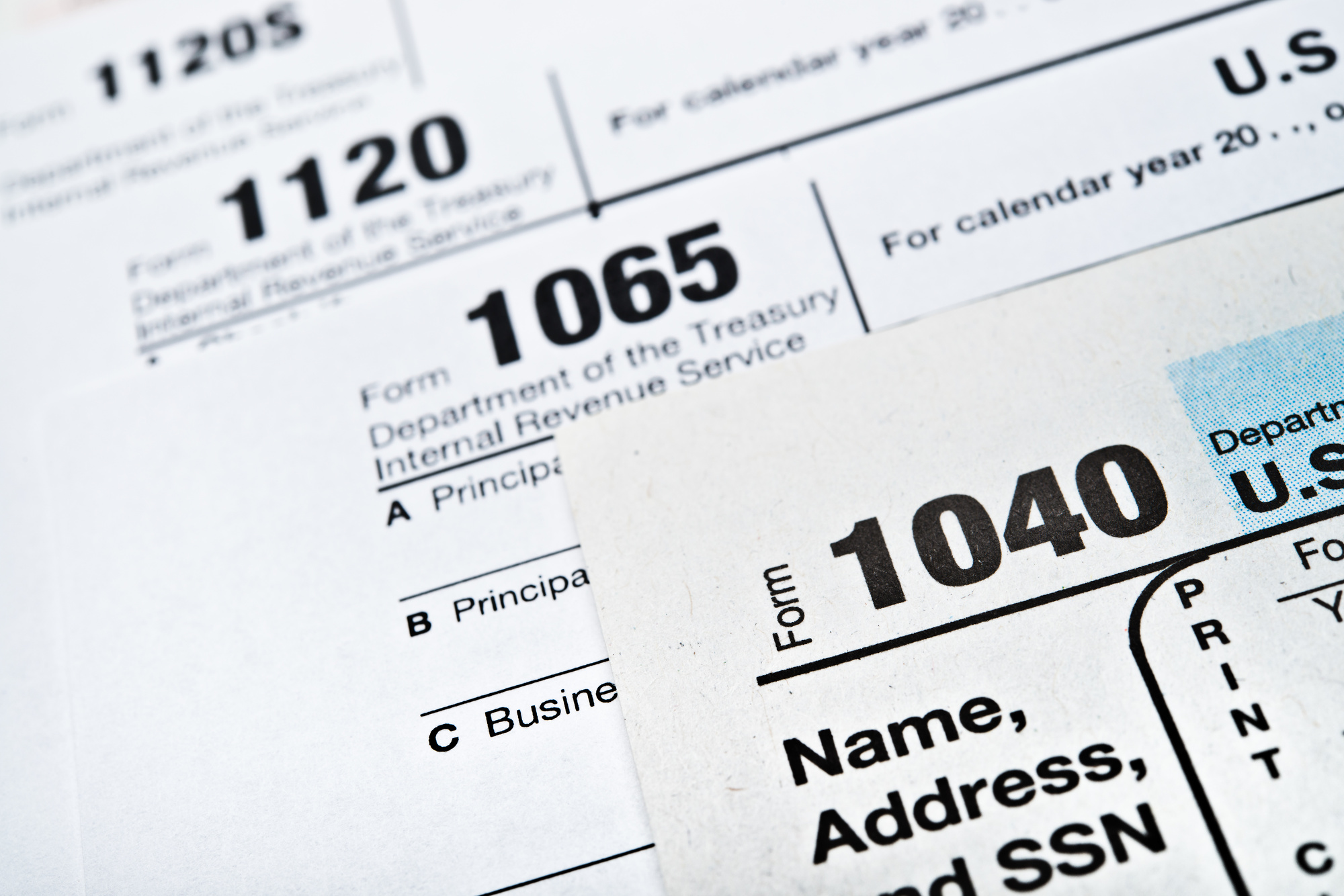All the Income Taxes Pilots Must Pay to the IRS
Thought your taxes were complicated before? Light aircraft ownership tangles them further. Here are three things you need to know as a pilot.
Paying income taxes is like sitting in a traffic jam: We all have to do it occasionally, even if we don’t quite understand why.
In one survey, 57 percent of Americans confessed to feeling confused about the tax code. A few things can make it even more complicated. One of those things is owning a light aircraft.
Pilots have the power to navigate a craft through the sky. However, they don’t have the power to opt out of taxes when they land.
In fact, flying overseas can make things even murkier. Read on for the basics of paying income taxes as a pilot.
Business Vs. Pleasure
“Are you traveling on business or pleasure?” We’ve all heard that question asked, usually at airports when a passenger is checking in. But it has a different meaning for aircraft owners.
It’s not all about travel, either. Before you can deduct aircraft-related expenses, the IRS wants to make sure you’re using the plane for business reasons rather than personal ones.
That section of tax law gets called the hobby loss rules. If you’re using your plane to sky-write messages for your wife of 20 years, that’s sweet. But the IRS won’t let you write off sky-writing expenses in that case.
What if you run a skywriting business that makes a profit? That’s another matter. In fact, if your business has made a profit in three of the past five years, that’s helpful to your case.
Of course, you can also intend to make a profit and then end up in the red. That’s more complicated. In that case, it’s worth calling a tax attorney.
In fact, if you own a private plane, then you should also have a lawyer who can advise you on tax matters.
The IRS has a list of factors it looks at when figuring out if your plane-related activity is for profit or nonprofit. That list includes things like the amount of time and effort you spend on the relevant activities. You should go over that list with your tax attorney.
Income Taxes and Travel
Most of us don’t have pity for people who fly private jets. Such jets are a symbol of luxury. They’re also a symbol of confusing tax scenarios.
Let’s say an American pilot is flying from Boston to London on a jet they own. Their income tax calculator must record how long they were in both international and American waters.
Defining international waters is also trickier than it sounds. Some accountants believe international waters begin three miles off the coast. Others believe you have to travel 200 miles offshore before you get to international waters.
Needless to say, that’s a large difference of opinion. It’s tough to figure out what counts as foreign income if you aren’t even sure what counts as foreign travel. Making the right IRS payments can feel almost impossible under such circumstances.
Your 2018 Tax Calculator
Paying income taxes on your plane is worth getting right the first time. For one thing, getting it wrong increases your chances of audit. Getting audited means you have to produce even more paperwork and records.
The beginning of tax season is the best time to ask for help with aviation-related issues. Our team provides valuation, appraisal, and advisory services to aviation professionals the world.
Want to learn more? Check out our About Us page.




